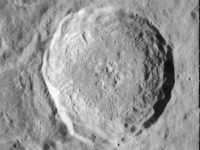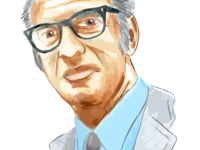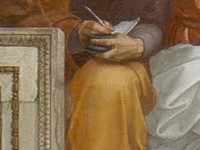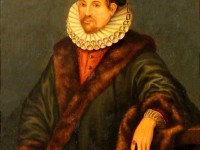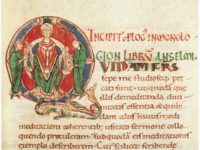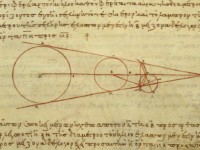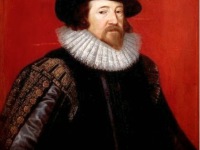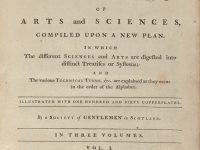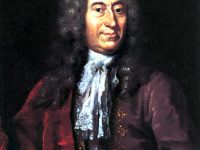Eudoxus and the Method of Exhaustion
Eudoxus of Cnidus was a Greek astronomer, mathematician, scholar and student of Plato. All of his works are lost or have survived as fragments in the texts of other classical writers. He is best known for having developed the method of exhaustion, a precursor to the integral calculus. “Willingly would I burn to death like Phaeton, were this the price for reaching the sun and learning its shape, its size, and its substance.”…
Read more

